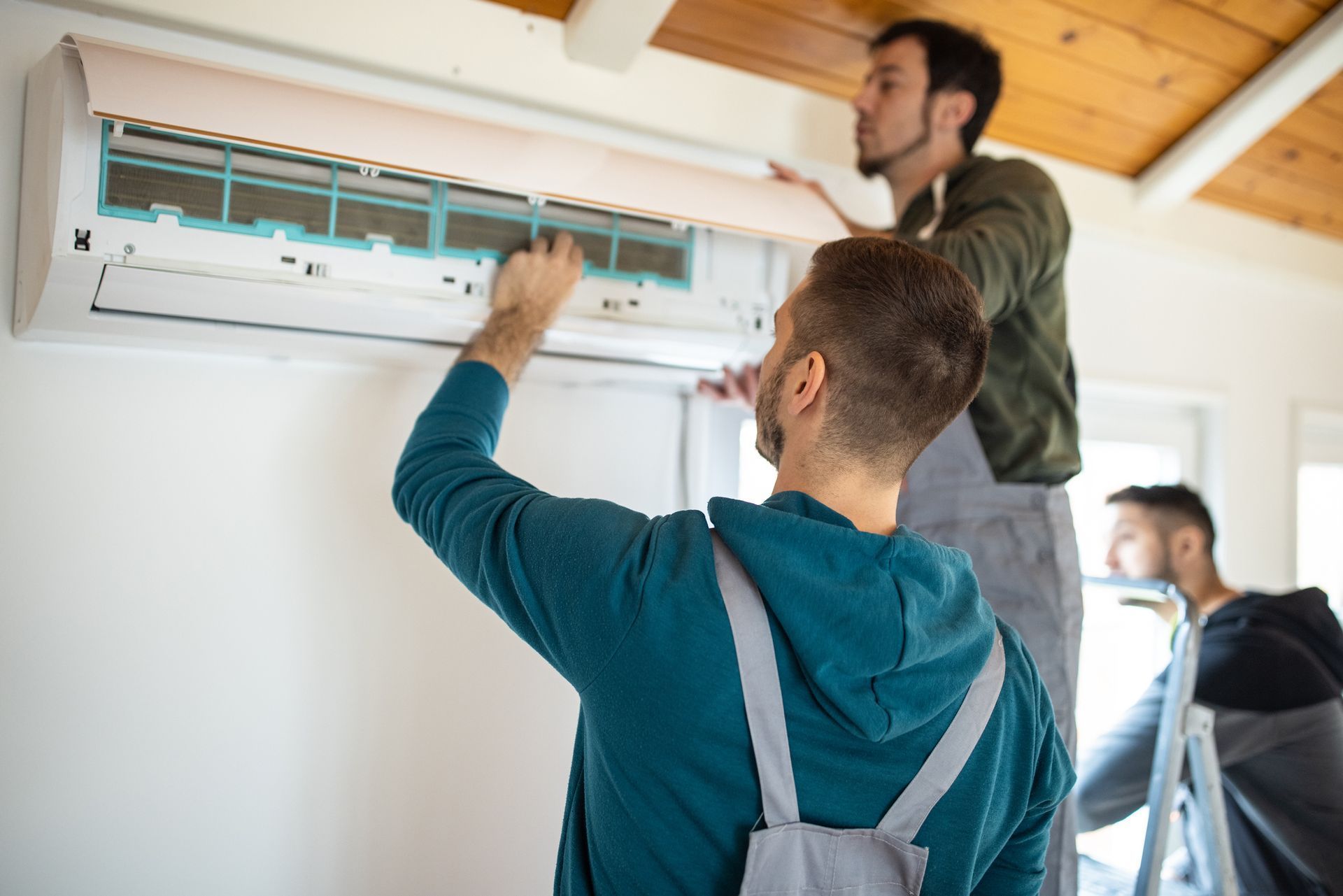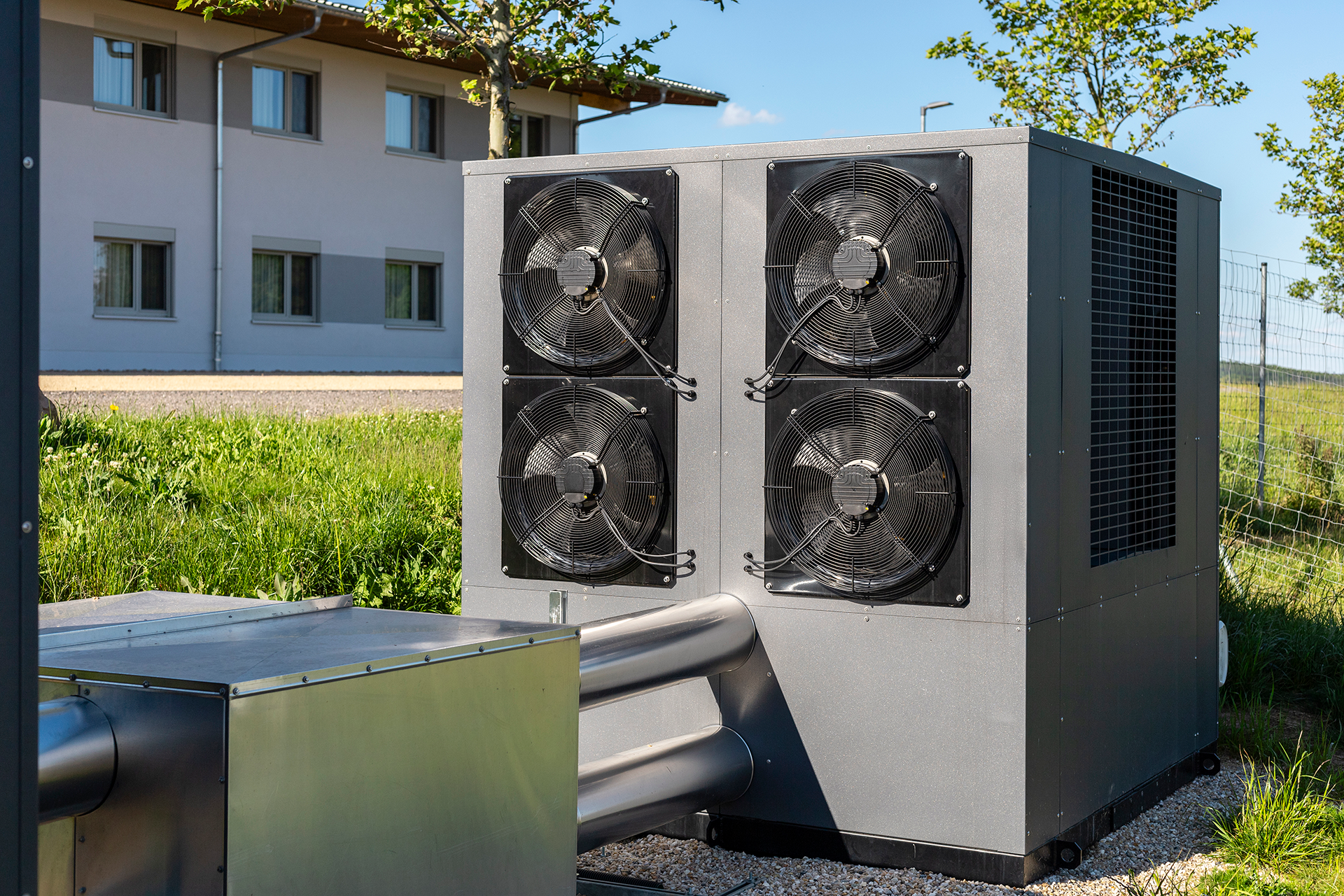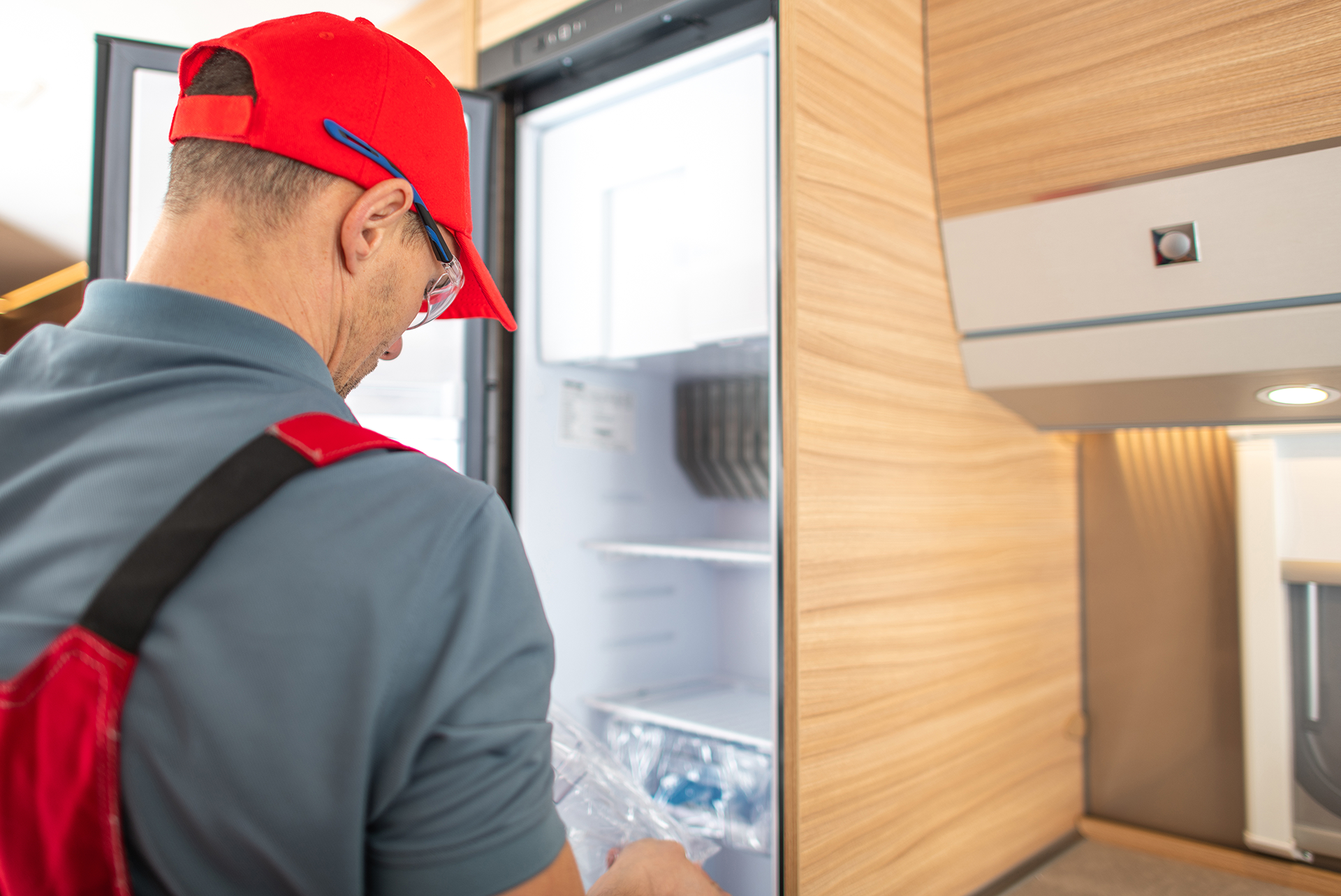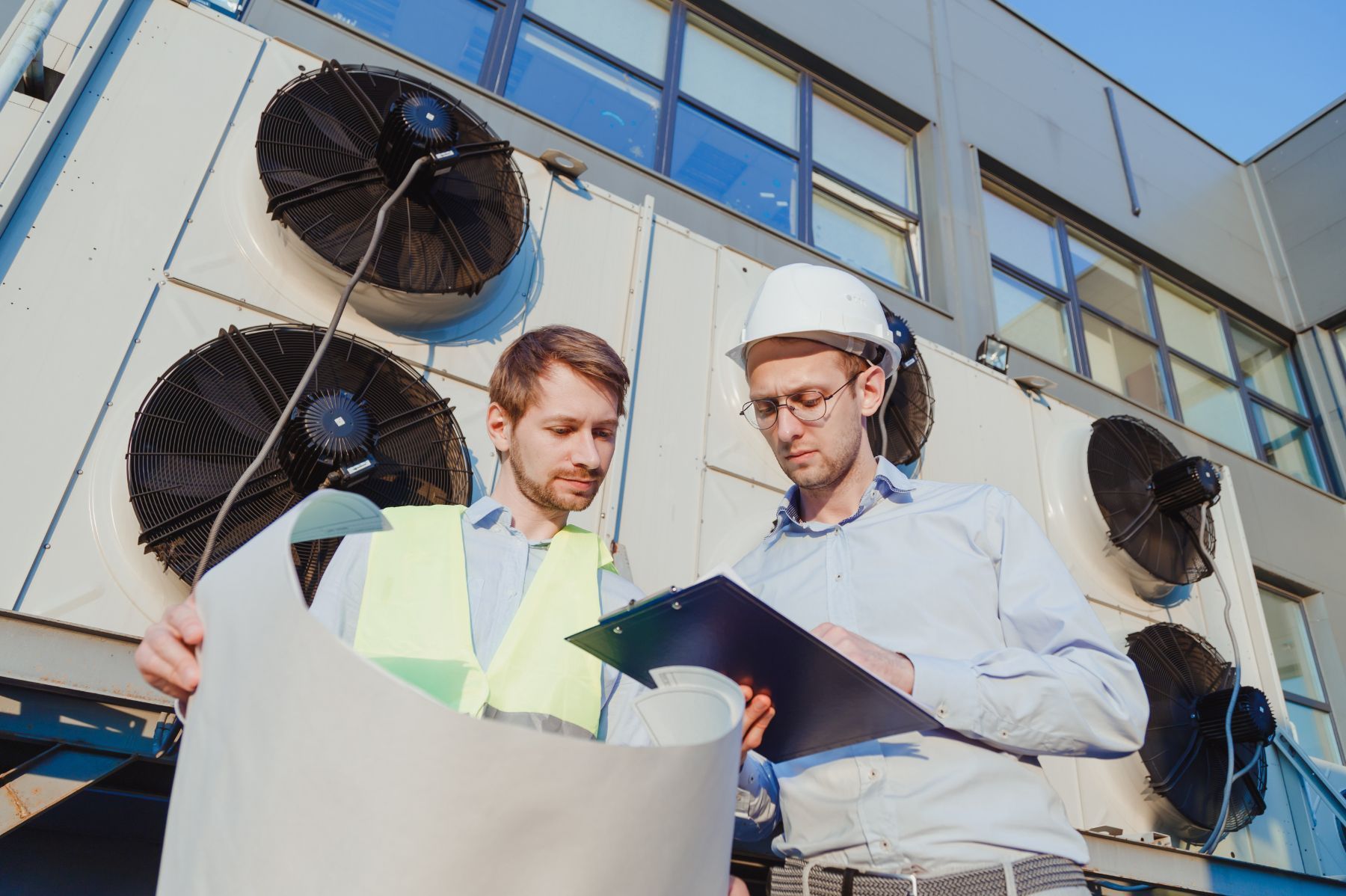Imagine a single refrigerant spill costing a technician’s business $30,000 overnight. That’s not just a headline-it’s a reality that HVAC professionals face when handling refrigerants without the right protection. Refrigerant recovery technicians operate in a high-stakes environment where mistakes can lead to costly claims, regulatory fines, and environmental damage. Specialized insurance tailored to their unique risks is no longer optional; it is essential for survival.
With over 25,000 HVAC-related insurance claims annually, averaging $25,000 to $50,000 each, the industry faces losses exceeding $1 billion every year. These numbers highlight the financial exposure technicians encounter daily. Understanding why specialized insurance matters requires a closer look at the risks, regulations, and evolving technology shaping refrigerant recovery work today. HVAC insurance experts warn that without proper coverage, a single incident can shut down a business.
The Unique Risks Refrigerant Recovery Technicians Face
Refrigerant recovery involves extracting cooling gases from air conditioners and refrigeration units using specialized vacuum machines. These gases, often containing ozone-depleting substances or potent greenhouse gases, require careful handling to prevent environmental harm. A spill or improper disposal can trigger regulatory penalties, costly cleanup, and liability claims.
One of the biggest challenges is the risk of refrigerant leaks or spills during service. Such incidents not only harm the environment but also pose health risks to workers and clients. The financial consequences can be severe. According to industry data, HVAC claims related to refrigerant handling can range between $25,000 and $50,000 per incident, contributing to over $1 billion in annual losses across the sector.
Beyond environmental hazards, technicians face physical risks. The equipment used in refrigerant recovery requires technical skill and precision. Mistakes can lead to equipment damage or workplace injuries. The HVAC industry is also grappling with a shortage of skilled technicians, projected to reach 225,000 by 2025, which increases the likelihood of inexperienced workers handling complex refrigerant systems improperly. This shortage intensifies insurance risks as companies with less-trained staff see more claims.
Non-Damaged Systems and False Claims
Interestingly, nearly 20% of HVAC and refrigeration systems assessed in claims were found to be non-damaged at the time of evaluation. This statistic reveals another layer of risk: disputes and claim investigations that can delay payments and increase legal costs. Insurance policies tailored for refrigerant recovery technicians often include coverage for legal defense and claim disputes, helping businesses navigate these challenges without crippling expenses.
Moreover, the complexities of refrigerant recovery extend beyond immediate physical risks. Technicians must also stay updated on ever-evolving regulations concerning refrigerant types and handling procedures. The introduction of new refrigerants, such as hydrofluoroolefins (HFOs), which are designed to be more environmentally friendly, requires ongoing training and adaptation. This not only adds to the workload but also necessitates a commitment to continuous education, which can be a significant investment for both technicians and their employers.
Additionally, the psychological toll of working in such a high-stakes environment cannot be overlooked. Technicians often face pressure to perform efficiently while adhering to strict safety protocols. The fear of making a costly mistake or facing legal repercussions can lead to stress and burnout. Companies that prioritize mental health support and provide resources for stress management can help mitigate these risks, fostering a healthier work environment and ultimately improving service quality.
HVACInsure is fully licensed and permitted to sell contractor and commercial insurance in USA.
We proudly serve clients throughout the United States and maintain partnerships with local Texas insurance carriers to ensure HVAC professionals receive compliant, affordable, and comprehensive coverage that meets project and regulatory requirements.
How Specialized Insurance Protects Refrigerant Recovery Technicians
General business insurance rarely covers the full spectrum of risks associated with refrigerant recovery. Specialized insurance policies offer tailored protection that addresses the unique exposures of this trade. Coverage typically includes pollution liability, equipment breakdown, professional liability, and workers compensation designed for HVAC environments.
Pollution liability is critical. Refrigerant spills can lead to environmental damage claims, which standard general liability policies often exclude. This coverage helps pay for cleanup costs, regulatory fines, and third-party claims related to pollution incidents. Given the environmental sensitivity of refrigerants, this protection is indispensable.
Equipment breakdown coverage safeguards the expensive vacuum machines and recovery tools technicians rely on. A failure in this equipment can halt operations and lead to lost income. Professional liability covers errors or omissions during service, including improper refrigerant handling or failure to comply with regulations.
Workplace injuries are another major concern. HVAC technicians work with heavy equipment, electrical systems, and hazardous substances. Specialized workers compensation policies tailored to HVAC contractors often provide better benefits and risk management resources than generic plans.
Investing in workforce training also plays a role in reducing insurance costs. Companies that prioritize technician education report fewer workplace incidents, which insurers reward with lower premiums. Data shows that enhanced training programs directly correlate with decreased claims and improved safety records.
Moreover, specialized insurance can also include coverage for business interruption, which is vital for refrigerant recovery technicians. If a technician's operations are disrupted due to a covered event, such as a natural disaster or a significant equipment failure, business interruption insurance can help cover lost income and fixed expenses during the downtime. This financial safety net allows technicians to focus on recovery and repair without the added stress of financial instability.
Additionally, the evolving regulatory landscape surrounding refrigerants necessitates that technicians stay informed and compliant. Specialized insurance often includes access to legal resources and compliance assistance, ensuring that technicians are up-to-date with the latest regulations and best practices. This support not only helps mitigate risks but also reinforces the importance of adhering to environmental standards, ultimately benefiting both the technicians and the communities they serve.
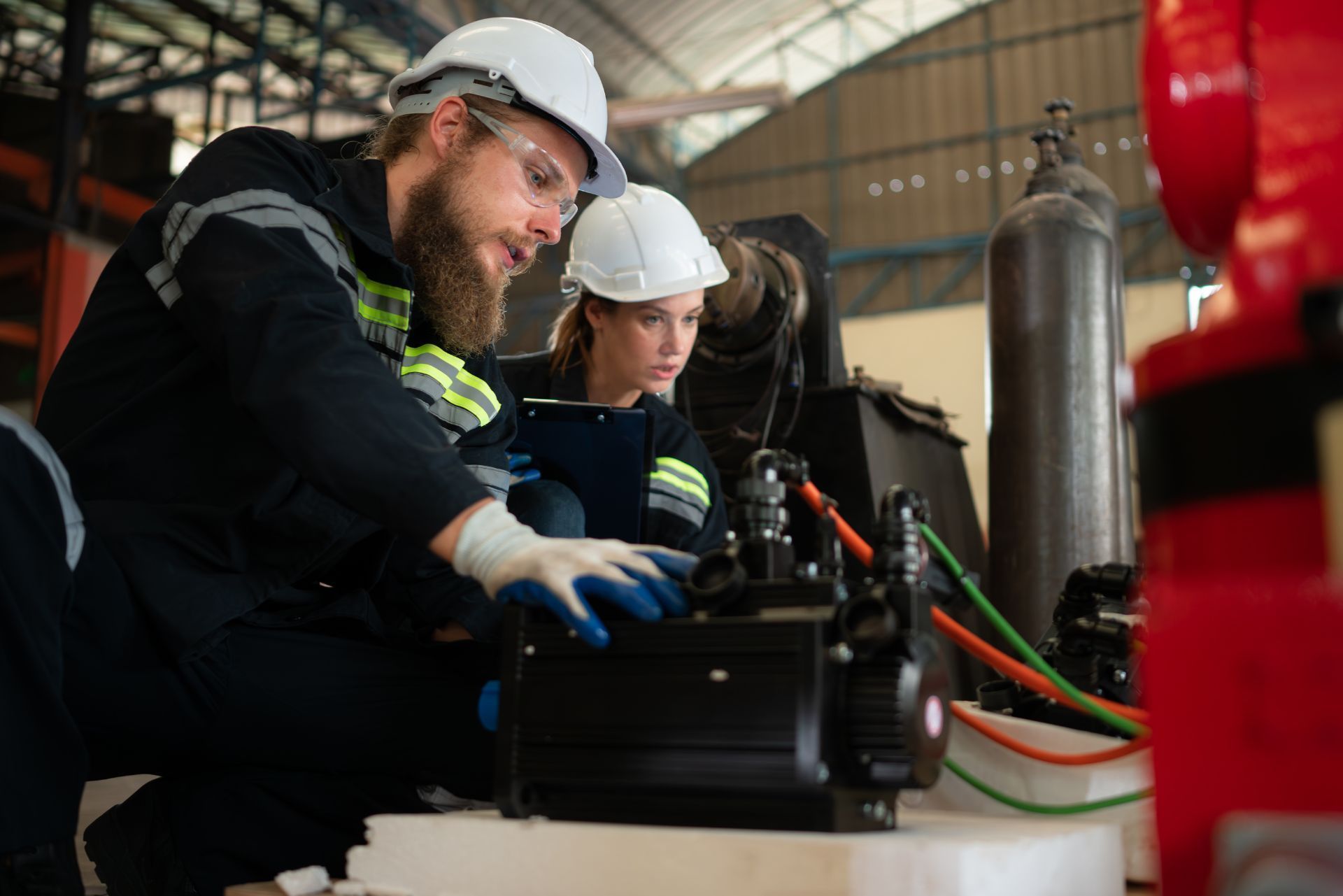
The Environmental and Regulatory Stakes of Refrigerant Recovery
Refrigerant recovery is not just a technical task; it is an environmental imperative. Recovering refrigerants prevents ozone depletion and reduces greenhouse gas emissions. Specialized vacuum machines extract these gases safely, ensuring they do not escape into the atmosphere. Experts emphasize that proper refrigerant recovery is a frontline defense against climate damage. The importance of this process cannot be overstated, as refrigerants like hydrofluorocarbons (HFCs) are thousands of times more potent than carbon dioxide in their greenhouse gas effects. As such, the commitment to recovering these substances is not merely a regulatory requirement but a moral obligation to future generations.
Regulatory bodies impose strict rules on refrigerant handling, recovery, and disposal. Violations can lead to heavy fines and legal action. Insurance policies that include regulatory defense coverage protect technicians from the financial fallout of compliance issues. This is especially important as regulations evolve and enforcement tightens. The U.S. Environmental Protection Agency (EPA) and similar organizations worldwide are increasingly vigilant, conducting audits and inspections to ensure that companies adhere to environmental standards. This heightened scrutiny has led many businesses to invest in training and certification programs for their staff, ensuring that they are well-versed in the latest regulations and best practices in refrigerant management.
Recent technological advances also influence insurance needs. In May 2023, A-Gas formed a strategic alliance with a European manufacturer to diversify refrigerant recovery technologies. This development signals a shift toward more efficient and environmentally friendly equipment. However, adopting new technology requires updated risk assessments and insurance adjustments to cover potential new hazards.
Industry reports show that staying current with technology and insurance go hand in hand. Furthermore, as the industry moves toward more sustainable practices, companies are increasingly exploring alternative refrigerants that have a lower environmental impact. This transition not only necessitates a reevaluation of recovery techniques but also introduces new variables that insurance providers must consider, such as the long-term viability and safety of these alternatives in various applications.
Cost Savings Through Energy-Efficient Refrigerant Recovery
Energy-efficient refrigerant recovery machines offer more than environmental benefits—they also reduce operational costs. Facilities using these advanced machines typically save between $1,500 and $5,000 annually on electricity. These savings can improve profit margins and offset insurance premiums.
Lower energy consumption means less strain on equipment, reducing breakdowns and associated claims. Insurance providers recognize this and may offer premium discounts for businesses that invest in energy-efficient technology. This creates a positive cycle where safer, greener practices lead to better financial outcomes.
Technicians who combine specialized insurance with investments in efficient equipment and training position themselves to minimize risks and maximize savings. This holistic approach is becoming a best practice in the HVAC industry.
Moreover, the adoption of energy-efficient refrigerant recovery systems aligns with regulatory standards aimed at reducing greenhouse gas emissions. As governments worldwide implement stricter environmental regulations, businesses that proactively upgrade their equipment are not only compliant but also gain a competitive edge. This proactive stance can enhance a company's reputation, attracting environmentally conscious consumers and partners who prioritize sustainability in their business practices.
Additionally, the technological advancements in refrigerant recovery machines often come with features that improve operational efficiency, such as real-time monitoring and automated diagnostics. These innovations allow technicians to identify and address issues before they escalate into costly repairs, further enhancing the financial viability of the operation. As the HVAC landscape continues to evolve, staying ahead of these trends is crucial for businesses aiming to thrive in an increasingly competitive market.

What Refrigerant Recovery Technicians Should Look for in Insurance
Choosing the right insurance policy requires understanding the specific coverage options and exclusions. Technicians should seek policies that include:
- Pollution liability coverage to handle refrigerant spills and environmental claims
- Equipment breakdown protection for recovery machines and tools
- Professional liability covering errors in service or regulatory compliance
- Workers compensation tailored to HVAC industry risks
- Regulatory defense for legal costs related to compliance investigations
It is also wise to work with insurance providers experienced in HVAC risks. They can tailor policies to the technician’s business size, service area, and technology use. This customization ensures adequate protection without paying for unnecessary coverage.
Given the high cost of claims and the complexity of refrigerant recovery, skimping on insurance can be a false economy. The right policy provides peace of mind and financial security when incidents occur.
In addition to the essential coverages, technicians should also consider the importance of liability limits. Higher limits may be necessary depending on the scale of operations and the potential risks involved. For instance, a technician working on large commercial systems may face greater exposure than one servicing residential units. Therefore, evaluating the nature of the work and the associated risks is crucial in determining appropriate coverage limits.
Furthermore, technicians should stay informed about changes in regulations and industry standards that could impact their insurance needs. As environmental laws evolve, the necessity for comprehensive pollution liability coverage may increase. Regularly reviewing and updating insurance policies with the help of knowledgeable agents ensures that technicians remain compliant and adequately protected against emerging risks in the refrigerant recovery field.
Wrapping Things Up: Protecting Your Business and the Environment
Refrigerant recovery technicians operate at the intersection of technical skill, environmental responsibility, and regulatory complexity. Without specialized insurance, a single mistake can lead to devastating financial consequences. The industry’s high claim costs and growing technician shortage only increase these risks.
Specialized insurance policies offer a safety net that covers pollution liability, equipment damage, professional errors, and workplace injuries. When combined with ongoing training and investment in energy-efficient technology, this coverage helps technicians manage risks and stay competitive. Furthermore, as regulations around refrigerants and environmental protection become more stringent, having the right insurance can also ensure compliance, mitigating the risk of fines and legal repercussions that could arise from non-compliance.
Ignoring these insurance needs is a gamble no technician should take. The stakes are too high—not just for the business but for the environment and public safety. Protecting your work with the right insurance means you can focus on delivering quality service while safeguarding your future. In an industry where the margin for error is slim, investing in comprehensive coverage can provide peace of mind, allowing technicians to concentrate on their craft without the looming shadow of potential liabilities.
Moreover, the benefits of specialized insurance extend beyond mere protection; they can enhance a technician's reputation in the marketplace. Clients are increasingly aware of the importance of environmental stewardship and may prefer to work with businesses that demonstrate a commitment to responsible practices. By showcasing your investment in specialized insurance, you not only protect your operations but also position your business as a leader in sustainability. This can lead to increased customer loyalty and potentially open doors to new business opportunities, as more clients seek out environmentally conscious service providers.
Learn more about how to protect your HVAC business and workforce with specialized insurance tailored to your needs. The right coverage can make all the difference when facing the unexpected. By staying informed and proactive about insurance options, technicians can ensure that they are not only compliant but also equipped to thrive in a rapidly evolving industry landscape.
Frequently Asked Questions
Q: Why is pollution liability important for refrigerant recovery technicians?
A: It covers costs related to refrigerant spills, environmental cleanup, and regulatory fines that general liability policies usually exclude.
Q: Can investing in technician training reduce insurance premiums?
A: Yes. Companies with enhanced training programs report fewer incidents, leading to lower insurance costs over time.
Q: What risks does equipment breakdown coverage protect against?
This coverage pays for repairs or replacement of refrigerant recovery machines that fail, preventing costly downtime.
Q: How do energy-efficient refrigerant recovery machines impact operational costs?
They reduce electricity use, saving between $1,500 and $5,000 annually, and can lower insurance premiums due to decreased risk.
Q: Is regulatory defense coverage necessary for refrigerant recovery technicians?
Yes. It helps cover legal expenses if a technician faces investigations or fines related to compliance with refrigerant handling laws.
Q: What happens if a refrigerant spill occurs and the technician is uninsured?
Without insurance, the technician or business may face out-of-pocket costs that can reach tens of thousands of dollars, risking business closure.

About The Author: James Jenkins
I’m James Jenkins, Founder and CEO of HVACInsure. I work with HVAC contractors and related trades to simplify insurance and make coverage easier to understand. Every day, I help business owners secure reliable protection, issue certificates quickly, and stay compliant so their teams can keep working safely and confidently.
Recognized by National HVAC Trade Associations
These trusted organizations set best practices and standards that carriers rely on when underwriting HVAC risks.
Membership signifies adherence to HVAC industry standards and contractor best practices.
Reviews
HVAC Contractor Reviews of
We're trusted by HVAC contractors throughout the US. Check out what our clients have to say about HVACInsure:
Coverage for Crews, Vehicles, and Tools
Insurance for HVAC Contractors
We provide business insurance designed for HVAC contractors. These policies protect your crew, vehicles, and tools while helping you meet project requirements. Every policy is explained clearly and delivered quickly so you can work without delays.
Resources
Insurance Tips for HVAC Contractors
Our blog is built for contractors who want fast answers. Each article covers common questions and risks in under five minutes of reading.
Frequently Asked Question
Common HVAC Contractor Insurance Questions
These FAQs address common contractor questions. As HVACInsure grows, we will update this section with real client experiences and answers.
Why should an HVAC contractor use HVACInsure instead of a general agency?
Specialists understand jobsite requirements, certificate wording, and common endorsements for HVAC work. You get cleaner paperwork, faster approvals, and coverage that fits how your crews operate.
This reduces delays at the gate, avoids gaps, and helps you pass compliance checks the first time.
How fast can I get a Certificate of Insurance (COI)?
Most standard COIs are issued the same business day after binding or updates. If you need additional insured, primary/non-contributory, or waiver language, we prepare it correctly the first time.
Our goal is simple: get your crew on site without paperwork delays.
What coverages do HVAC contractors usually need?
Core policies include General Liability, Commercial Auto, Workers’ Comp, Property/Tools, Inland Marine, and Umbrella. Many projects require higher limits and specific endorsements.
We align your coverage with contract terms and explain each choice in plain language.
Will my tools and scheduled equipment be covered in vans or on jobsites?
Yes. Inland Marine (tools and equipment) can cover items in transit, stored in vehicles, or staged on site.
High-value items can be scheduled, and limits can match your daily field use to keep work moving.
Can I lower my premium without weakening protection?
Often, yes. Clean driver lists, accurate payrolls, safety programs, and bundling policies can help.
We review your profile, request carrier credits, and adjust limits and deductibles to control cost while meeting project requirements.
What should I do after a loss?
Contact us right away so we can file with the correct carrier and set expectations. We guide documentation, next steps, and follow-ups until closure.
Fast reporting and clear records help resolve claims sooner and keep your team focused on work.

Still have questions?
Can’t find the answer you’re looking for? Please chat to our friendly team!
Contact Us



